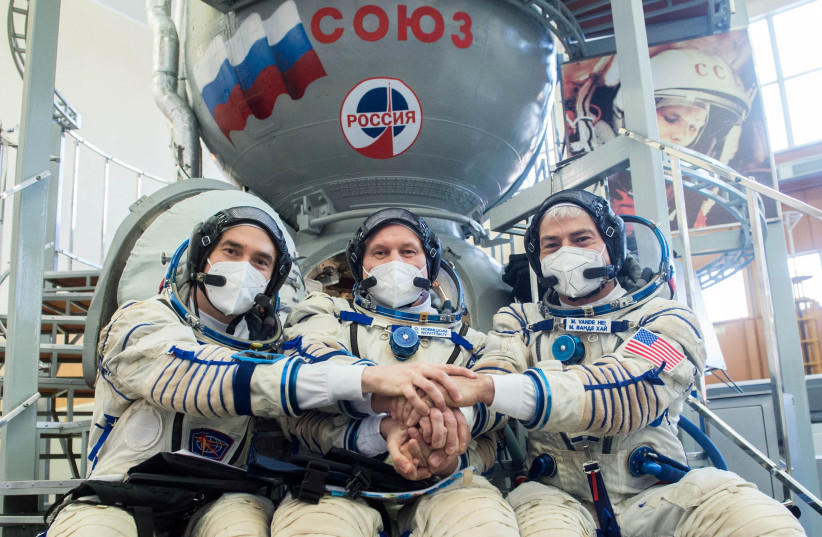US-Russia relations in space could end as early as 2024, according to a recent report by Russian news agency Interfax. This would mark the end of decades of cooperation between the two nations in the years that followed the space race.
The United States and Russia spent more than 20 years in a race to beat one another into outer space. Though Russia's Sputnik may have broken that barrier, the US effectively won following their historic moon landing.
Interfax declared the impending end to their cooperation with US space agency NASA in a recent report. That same night, Russian leaders announced that they hope to continue visiting the International Space Station through the next year - until they are able to potentially launch their own space station.
Russia hopes to build their own space infrastructure following a low-orbit of earth. Their actions are reportedly not the result of bad blood between nations, but out of interest in building something sustainable for future endeavors.
"We and our government are extending our participation in the operation of the station until 2024 and are starting to think about designing and building a new station, but we understand that this will not happen quickly, so we will probably continue to fly until the new infrastructure is available that will provide us with a permanent presence in low Earth orbit, at least," a Russian government representative said during a NASA teleconference dedicated to the SpaceX Crew-5 mission.

What does this mean for future relations between Russia, the US, and space exploration?
According to NASA, Russia's choice to distance itself from the ISS could prove detrimental for Russia's future trade endeavors.
If Russia backs further away from space cooperation with the US, it could further isolate the nation as a pariah.
Though Russia plans to begin its withdrawal from the ISS, work on their own space station is not expected to be completed until at least 2028.
